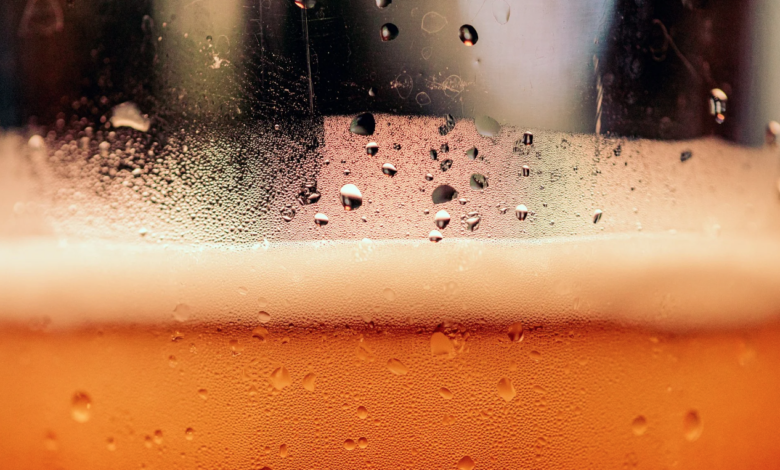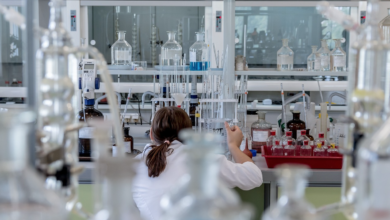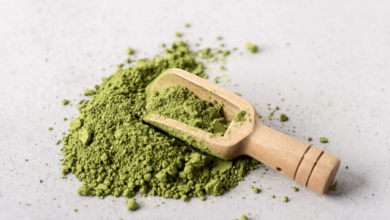How to recycle brewer’s spent grain in the food and cosmetics industry

By fermentation, drying, grinding and centrifuging brewer’s spent grain is recovered
The by-products of the brewing process can become valuable secondary raw materials for other sectors. This was discovered by researchers at Nanyang Technological University in Singapore, developing a method to extract more than 80% of the proteins available in beer production cereal waste, known as brewer’s spent grain.
Consisting of the outer layers of barley that are separated from the must before fermentation, this waste is worth 85% of the total waste from the brewing industry. It is often discarded without recycling. However, researchers have shown that it is possible to extract high-quality proteins from spent wheat, and then reuse them in the food industry and for cosmetic purposes.
The process of protein extraction
To extract the protein from the food waste, the researchers first sterilized it and then used the Rhizopus oligosporus, a fungus commonly used to ferment soybeans to produce tempeh. The three-day fermentation process helps break down the complex structure of the brewer’s spent grain, making its protein content more easily extractable. The fermented spent wheat is then dried, ground into powder, sieved and centrifuged. For this final step a centrifuge is required to separate the proteins, which are carried upwards by separating from the rest of the mixture.
Second raw material for the food and cosmetics industry
According to the idea of the researchers, these could then enter the field of plant-based products made by the food industry. Increasing consumer preferences for alternatives to animal proteins is increasing industrial production of what is still a niche. In the cosmetic field, however, these proteins could find other applications, because they are rich in antioxidants that can protect the skin and extend the shelf life of products.
The method of extracting proteins from the brewer’s spent wheat was developed in collaboration with Heineken Asia Pacific, in a partnership between the industry and the academy that increasingly characterizes research in the world.





